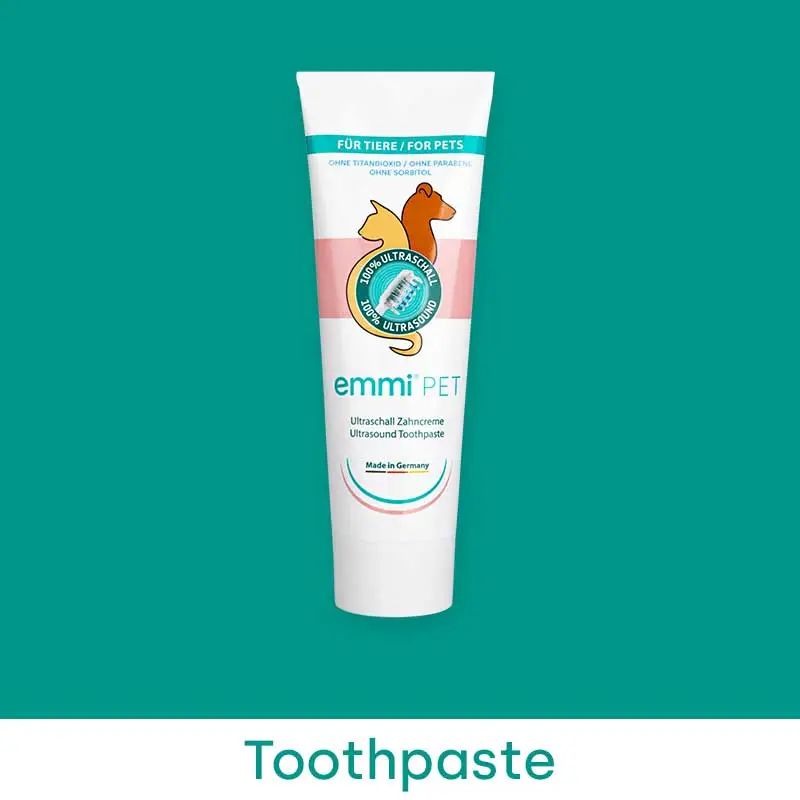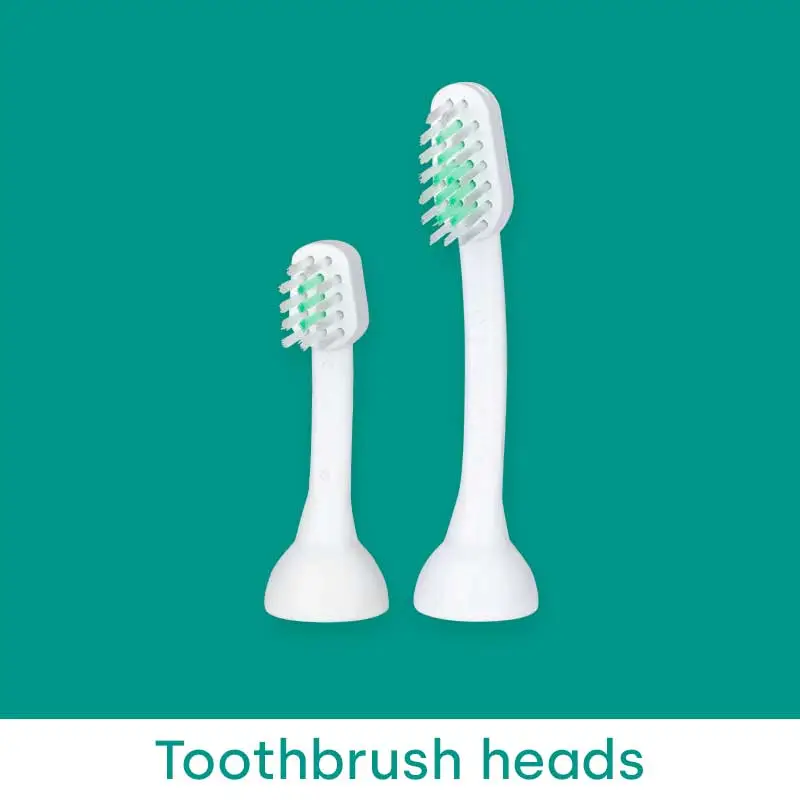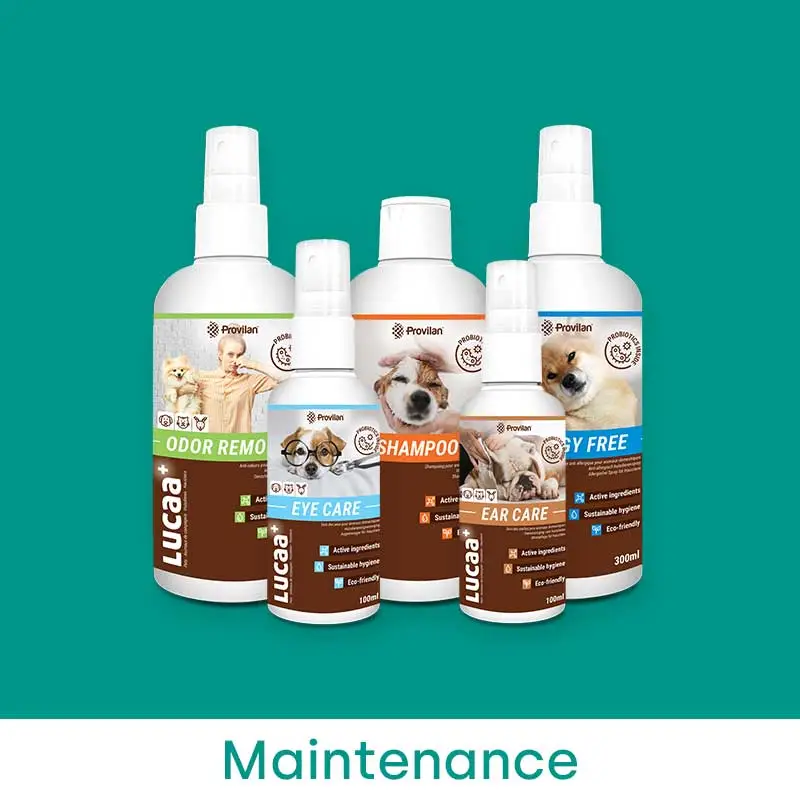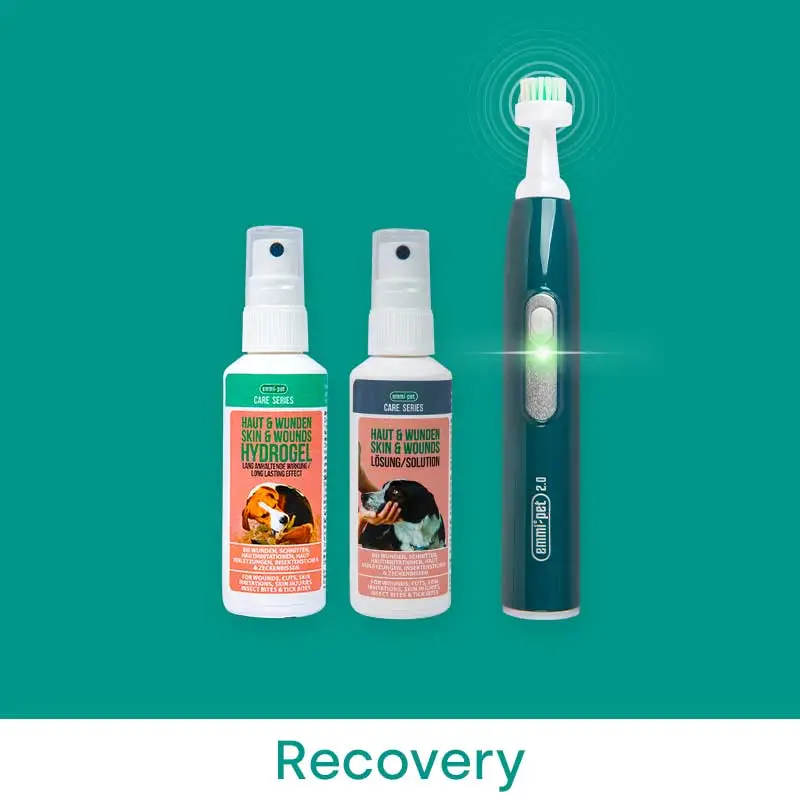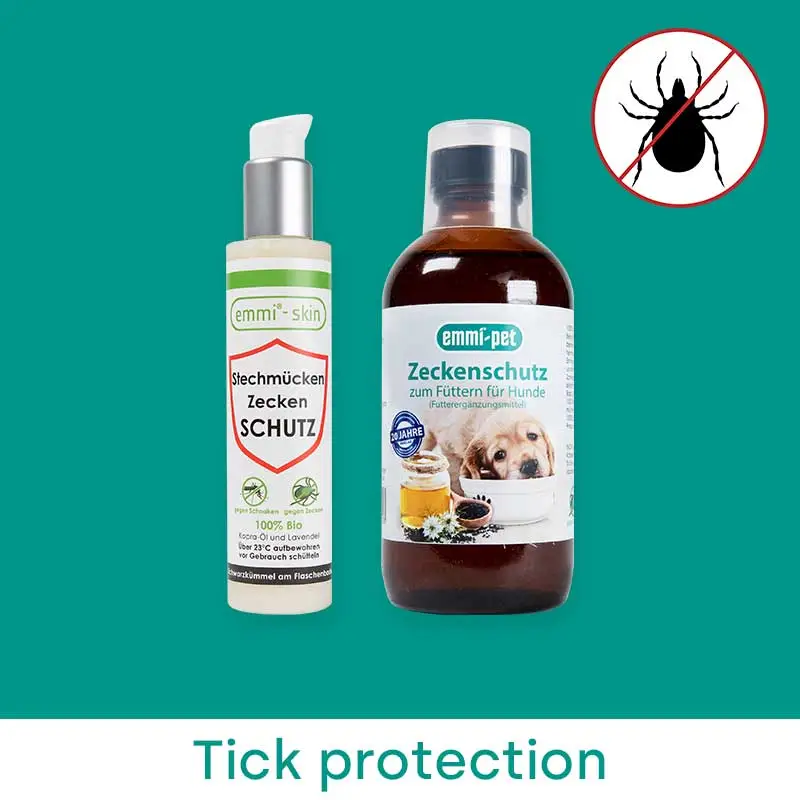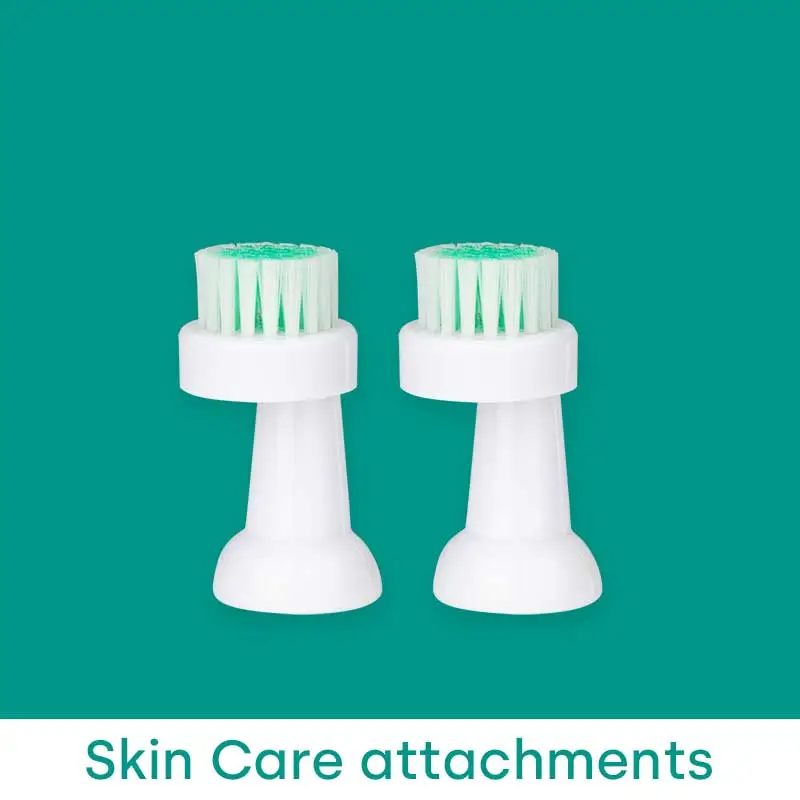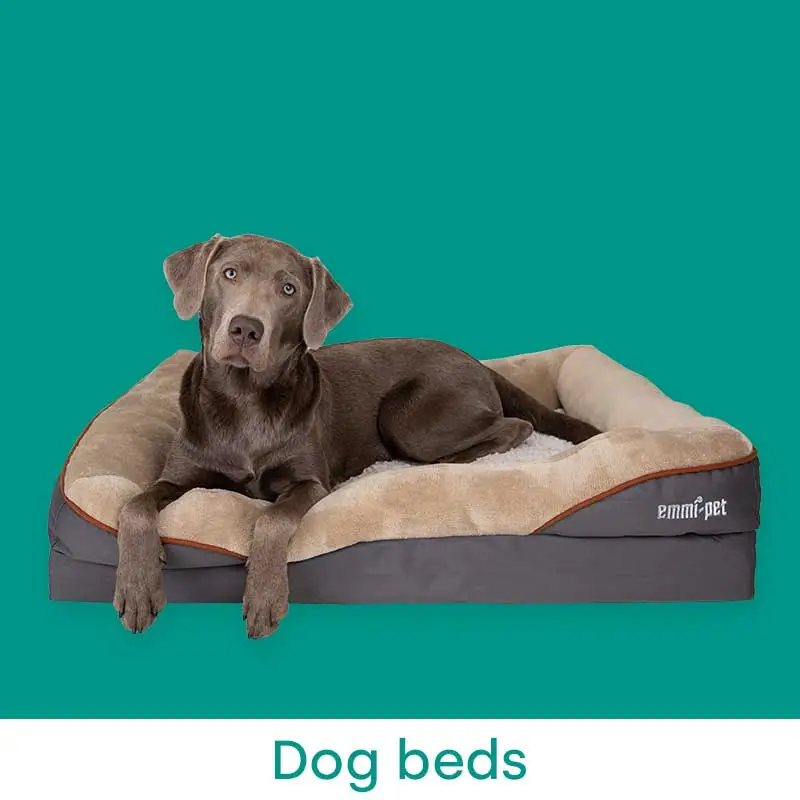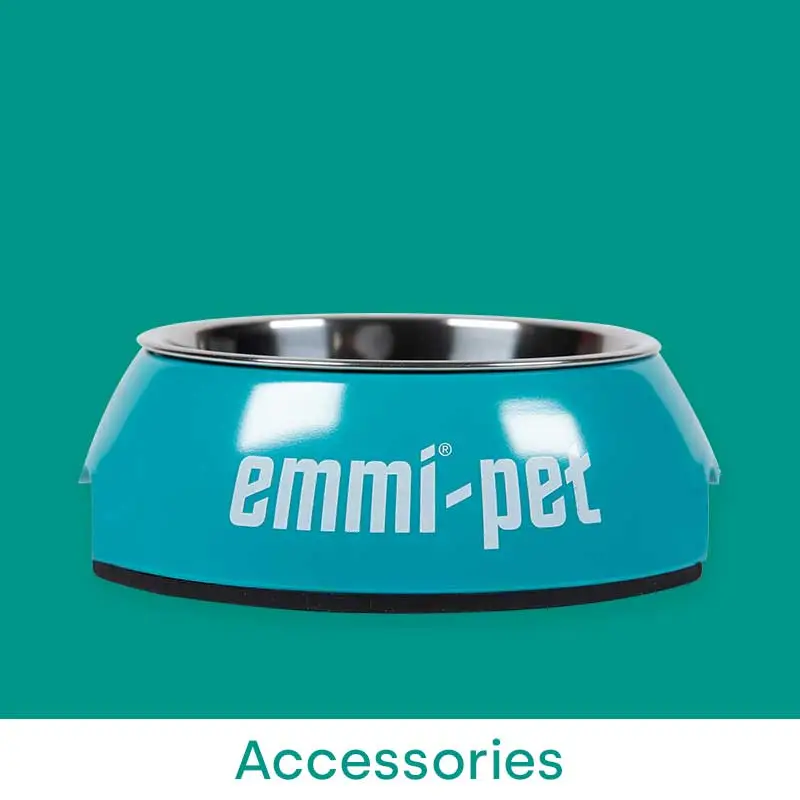
Anxiety and stress in dogs can severely affect your four-legged friend's life. Is your dog showing signs of stress or anxiety? Don't worry, you're not alone with this problem dogs experience anxiety in different ways, and it can be difficult to recognise what's really bothering them. From altered moods to physical symptoms, stressed dogs need our help.
In this article, you'll learn how to help your anxious dog find calm and serenity. The strategies we suggest for reducing stress and anxiety in dogs are easy to implement and can also promote general well-being and noticeably improve the health of your dog.
Causes of anxiety and stress in dogs
The causes of anxiety and stress in dogs can be many and varied. Common triggers are loud noises such as thunderstorms or fireworks, which cause many dogs to panic. Changes in everyday life, such as
Removals or
new family members,
can put a lot of stress on your dog. Even nutrition plays an important role: a lack of nutrients can affect your dog's health and general well-being. By offering your dog targeted support, you can help him to live a calmer and happier life.
Most common stress triggers
Loud noises such as thunderstorms or fireworks can be particularly stressful for dogs. Changes in everyday life, such as moving house or the arrival of new family members, can also be stressful for your dog.
An unbalanced diet can affect your dog's health and general well-being. To help your dog, make sure he has a stable daily routine and safe places to retreat to. Provide him with targeted support to minimise stress and anxiety and enable him to lead a calmer life.
Recognising stress signals
Recognising signs of stress is crucial for recognising anxiety and stress in dogs in good time. Look out for physical symptoms such as trembling, panting or excessive barking. Behavioural changes such as withdrawal or aggressive behaviour can also be clear signs of stress.
If you recognise these signs, you can specifically help your dog to feel safer and promote its general well-being.
Strategies for reducing anxiety and stress
Effective strategies for reducing anxiety and stress in dogs include regular exercise and mental stimulation. A stable daily routine and safe places to retreat to are also very important. Supplement your dog's nutrition with valuable nutrients to support their health. Also pay attention to your dog's mood and provide them with calming activities. These measures promote your dog's general well-being and help to minimise stress and anxiety in the long term.
1. regular exercise and play
Regular activity and playtime are crucial to reducing anxiety and stress in dogs exercise helps your dog release excess energy and improve his mood. Long walks, runs or playtime in the garden provide not only physical but also mental stimulation.
Interactive play, such as fetch or hide-and-seek, promotes mental stimulation and strengthens your bond. These measures can promote your dog's well-being to the full and help to alleviate his stress and anxiety. A well-fuelled and mentally stimulated furry friend is usually more relaxed and happier.
2. structured daily routine
A structured daily routine is of great importance for dogs as it gives them security and stability fixed times for feeding, walks, play and rest create a familiar routine that helps your dog to feel secure. Regularity reduces uncertainty and minimises stress.
Plan the day so that your dog knows when which activities are taking place. This gives him orientation and makes him calmer and more balanced . A well-planned daily routine can significantly improve the well-being of your dog.
3. positive reinforcement and training
Positive reinforcement and targeted training are effective methods to reduce anxiety and stress in dogs . Reward good behaviour with treats, praise or toys to create positive associations. Avoid punishments as they can increase stress and anxiety .
Training sessions should be short and fun to keep your dog motivated and interested. By regularly practising commands and tricks your dog can gain self-confidence and feel more confident. A well-trained dog is less anxious and better able to deal with stressful situations.
4. create safe retreats
It is important to offer your dog safe retreats where he can relax and feel comfortable . These can take the form of dog boxes, cosy corners or special resting areas designed. Such a retreat gives your dog the opportunity to retreat when he feels anxious or stressed .
Make sure this place is quiet and free from disturbances . By providing your dog with a safe place you will help him to calm down and reduce his anxiety . A safe place to retreat to is an important part of a stress-free living environment.
5. calming music and sounds
Soothing music and certain noises can have a relaxing effect on dogs. Specially composed music or nature sounds such as gentle rain or birdsong can help to reduce your dog's tension and can help to relax your dog. There are special playlists and CDs that have been developed for dogs to reduce stress and anxiety and can also be used to reduce anxiety.
Play these calming sounds in stressful situations such as during a thunderstorm or fireworks to calm your dog. The effect of music and sounds can be amazing and have a positive impact on your dog's well-being and your dog's well-being.
6. physical touch and massages
Physical touch and massages can work wonders to reduce anxiety and stress in dogs. Gentle strokes and targeted massage techniques help to relax your dog's muscles and improve his circulation circulation. Many dogs enjoy the calming effect of a massage, which gives them a feeling of safety and security .
You can learn special techniques to achieve the best results or seek out a professional dog masseur to help. Regular touching and massages also strengthen the bond between you and your dog and promote his general well-being.
7. use of care products and dental care
Grooming products and dental care are crucial for your dog's health. Regular teeth brushing can reduce stress and anxiety by preventing toothache . Be sure to use gentle grooming products to help your dog feel more comfortable. Use specially formulated toothpaste for dogs and soft brush attachments to avoid irritating the gums.
Our emmi-pet ultrasonic toothbrush is ideal for gentle and effective dental care. With its millions of vibrations per minute, it reduces plaque and biofilm thoroughly and without mechanical pressure. Regular dental care with our emmi-pet ultrasonic toothbrush and the matching toothpaste can reduce the formation of plaque and tartar . Daily dental care also strengthens the bond between you and your dog, as he learns to accept this routine as part of your daily routine together. This keeps your dog relaxed and healthy, which significantly improves their general well-being.
Long-term measures for stress prevention
Long-term stress prevention strategies aim to sustainably improve your dog's overall well-being stressed dogs benefit greatly from a stable diet that is rich in valuable nutrients . A balanced, nutrient-rich diet not only supports physical health, but also helps to reduce anxiety and stress as well.
Regular exercise and mental stimulation are also crucial. Daily walks, playtime and mental challenges, such as puzzle games or learning new tricks, will help to release excess energy and lift your dog's mood.
A structured daily routine that includes fixed times for feeding, exercise and rest periods gives your dog a sense of security and stability. In addition, it is important to offer him safe places to retreat where he can relax and regenerate .
Continuous care and attention are essential. By providing regular dental care with our emmi-pet ultrasonic toothbrush you will contribute to oral health and prevent toothache, which can also cause stress.

